Preview the first chapter of my new book THE STRAND.
CHAPTER 1
The Judge pulled into a parking space facing the Ocean Hill Pier to enjoy his Starbucks. And to watch the huge waves pounding the beach and the pier. A storm in Mexico had ignited the surf up and down the West-facing beaches, making for a stunning display of foaming white surf and churning green water, some of the waves reaching ten feet.
The pier was taking a beating. He wished he’d time to walk out a bit onto the shuddering structure. He imagined his hair flying in the salty spray, the smell of the waves filling his nostrils, feet planted against the raging wind, wrapped in the old raincoat he kept in the trunk to repel spray. Like a swashbuckling Scottish sea captain of old, feet planted on a bit of flotsam that was his ship.
But it was only a fantasy. There wasn’t time. He took a long slug of his Starbucks, feeling the caffeine hit his blood stream like a kick in the pants. Waking him up. He wiped latte foam from his upper lip.
He was on route from home in Malaga Cove to his office in Venice. But he’d stopped in the City of Ocean Hill, a small but affluent community tucked above Hermosa Beach to the South, and LAX to the North, and fronting some of the best beach in California.
He had to go into the office today for one more case to tidy up. But it seemed like it was always one more. For thirty years now, always just one more case. Time went by, you grew older, a little less hair to comb, a little harder to read the newspaper, a little shorter on exercise, a little more weight to haul around, a little tougher to see the scale under your tummy. Days, weeks, months all flew by quicker now, the ‘TO DO’ list got longer, and you weren’t as quick checking things off. Perhaps because you didn’t have all the answers now, answers that came so easily and with such conviction in your youth. But then you were right more often now, fewer answers but better ones he supposed, although he wasn’t so sure.
And he was now responsible for his family. Katy, twenty years his junior. And their joint creation, Ralphie, only five, a young little man starting to wonder why his dad wasn’t any good at baseball or basketball. Why his dad was so… old.
This domestic gig was still relatively new for him. Just five years. He’d mostly been a solitary creature, by happenstance, by nature, living on this plain of crowded humanity: social animals with herd instincts, ready to praise or damn whomever the combined collective deemed worthy or unworthy, whomever ignited and swayed the passions of the day, ready to believe the best or the worst about anybody or anything that captured their popular imagination.
He’d been a Judge. Now he was a practicing lawyer. Each client was different of course, but he often found himself pressing against a tide of public opinion and condemnation, representing underdogs, asserting the individual rights of his clients and challenging uninformed condemnation from a society more interested in exposé and drama then in verifiable facts. It was his calling. But it was hard work, stressful, and he was getting tired.
Sitting in that parking lot briefly, watching the waves crash up under the pier, he had no premonition of the immense wave of public opinion about to form, about to raise into a towering swell behind him, only to come toppling down, crashing over him, over his bride, Katy and even over little Ralphie, churning them in a cauldron of confusion, social stigma, hate and even violence. Upending friends and circumstances taken for granted, nearly bankrupting his law practice, and challenging the very bedrock of his marriage.
He pulled back out of the beach parking lot, up Ocean Hill Boulevard, then left on Highland, parallel to the ocean, threading his way through traffic, heading for North Ocean Hill and then Dockweiler Beach, his secret route into Venice. He stopped as the light went red at Highland and 40th, and glanced down 40th Street at the water and the roiled white surf. It was spectacular.
A small blond man was making his way up the street from the direction of the beach, head down, trudging really, although he seemed young. He was partially pulled uphill by a scruffy looking dog on a leash, a mutt, part terrier, part poodle perhaps, with greying hair and old eyes.
As the Judge watched, a motorcycle darted out from a side alley below, swerved up hill, rumbled past the man full tilt, and collided into the back of the dog, sending the animal sprawling, yanking the leash from the man’s hand. The bike rider careened back to the center of the street and cut down a second cross street alley parallel to the first, disappearing in a cloud of smoke and fumes with a roar that echoed down the narrow canyon between the houses.
The blond man screamed, “No… No…”, rushed the five steps to stoop over the animal, then sank to his knees beside it. He lifted the broken dog into his arms, fluids draining onto the pavement as the creature went into its final throws. Tears streamed down the man’s face as he cradled the animal. It gave one last spontaneous jerk, then went permanently still.
The Judge’s light had gone green and the car behind him honked threateningly. He moved forward, the tableau down the side street disappearing behind the facade of the gym occupying the corner, and then the follow-on mixed-use clutter that was Highland in North Ocean Hill..
Jesus, mused the Judge. A hit and run on a dog. What the fuck? Life seemed more uncertain every day in this dusty bowl plateau people called L.A.
People liked to pretend everything was orderly, in its place. We’re born, go to school, party at college, settle with a mate and steady job, buy a house or condo, raise kids, send them off to college, settle into the haze of senior status, awakened now and then by visits from lusty grandchildren, then fade off into old age. Or so it was supposed.
But how many ways did the plan go wrong? Twelve percent of people would die in an accident, sixteen percent would die of a heart attack, five percent were currently out of a job as a result of the Great Recession and perhaps on the way to being homeless. Fifty percent would have marriages ending in divorce. Others would discover their retirement plans under-funded, barely scraping by in their ‘Golden Years’. The American Dream was only that, a dream. Reality was that poor guy back there, holding his crushed animal.
The Judge turned left at the next street, left again at the alley and left onto 40th where the animal had been run down, thinking he might help. But two pedestrians were already to either side of the kneeling man, trying to calm him. He was still sobbing, refusing to let go of the ball of grey fur in his arms.
The Judge pedaled the gas and moved on, back up to the signal, now green, taking the corner and resuming his route toward Dockweiler, Venice and his office, trying to let go of the image of the dog.


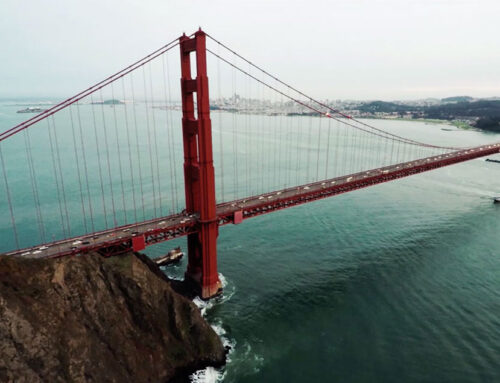
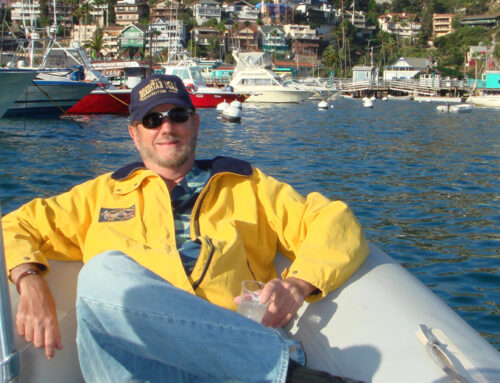
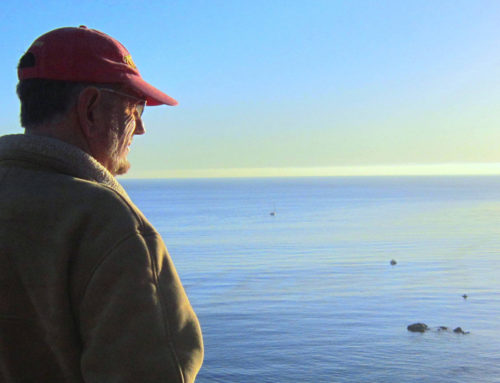
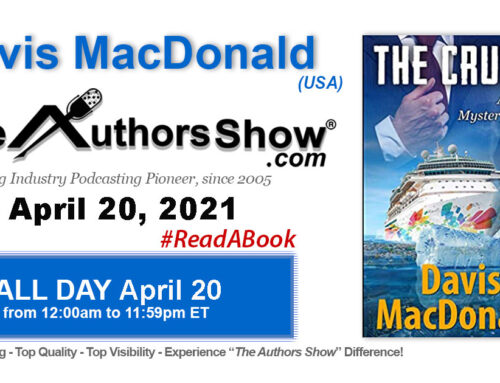
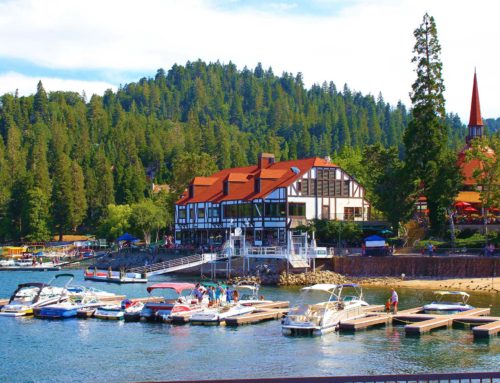

Leave A Comment